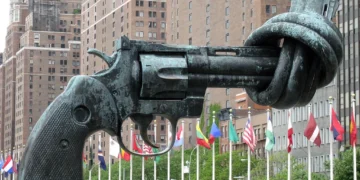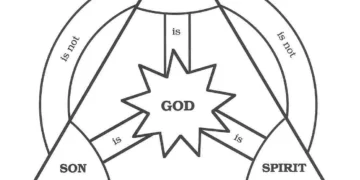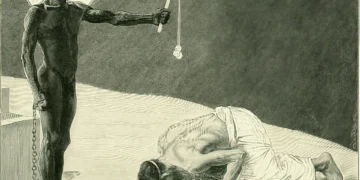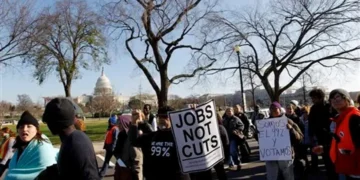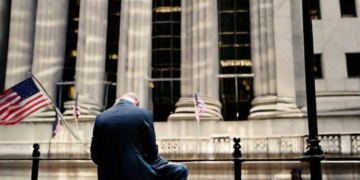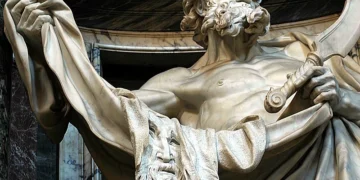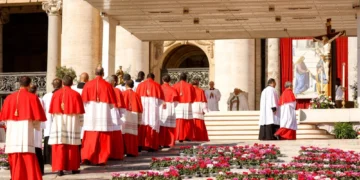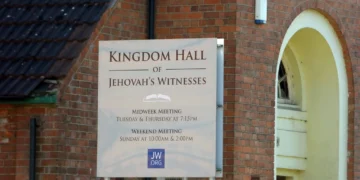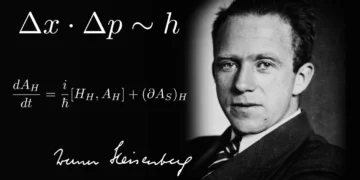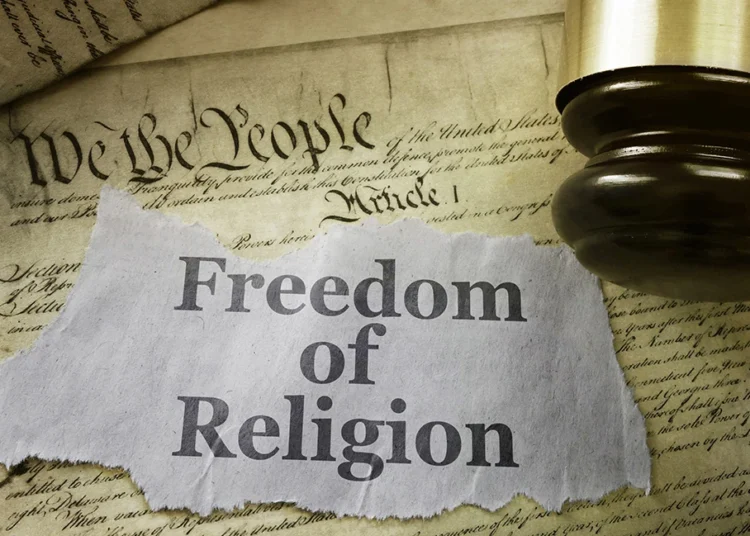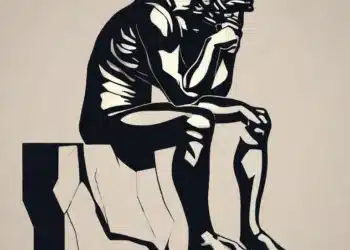In recent years, the cherished concept of religious freedom has faced new challenges in unexpected corners of the world. Countries known for their liberal values and high regard for individual liberty have implemented laws that restrict the very freedom they claim to protect. Sweden and Denmark, two Scandinavian nations often praised for their progressive stances, have stoked controversy by imposing blasphemy laws. This article aims to critically analyze the impact of these laws and urge the citizens of the United States to remain vigilant in defending their religious freedom in the upcoming elections.
The State of Religious Freedom in Scandinavia
Sweden and Denmark, countries celebrated for their commitment to individual freedoms and human rights, have curtailed religious freedom through their implementation of blasphemy laws. These restrictive measures, which aim to protect religious sentiments from insult or offense, inadvertently erode the democratic principles upon which these nations have built their reputations.
The Impact of Blasphemy Laws
1. Suppression of Free Expression
Blasphemy laws fundamentally impede the cherished right to freedom of speech. By granting religions special protection from criticism or mockery, these laws create a chilling effect on the open exchange of ideas, undermining intellectual diversity and stifling the development of a more pluralistic society.
2. Threat to Secular Values
Scandinavia has long been admired for its commitment to secular governance, fostering an environment where people of various faiths and beliefs can coexist peacefully. However, blasphemy laws undermine this secular framework by elevating religious sensitivities above free expression and encouraging an atmosphere of censorship.
3. Selective Application
The enforcement of blasphemy laws often leads to arbitrary decision-making, with religious groups potentially exploiting such laws to silence dissenting opinions or minority voices. The inherent subjectivity in determining what constitutes blasphemy can enable discrimination and disproportionate targeting of marginalized communities.
Defending Religious Freedom in the United States
The recent developments in Scandinavia serve as a clarion call for the United States to remain vigilant in protecting religious freedom. While the U.S. Constitution’s First Amendment explicitly guarantees freedom of religion, it is imperative for citizens to be aware of potential threats to this fundamental right and actively engage in the democratic process to safeguard it.
The Role of Elections
1. Raise Awareness
The upcoming elections provide a platform to raise awareness about the importance of religious freedom and the potential encroachments on this cherished right. Candidates can be questioned about their stance on religious freedom and asked to address any concerns related to the erosion of this fundamental value.
2. Support Proactive Policies
By analyzing the records and proposals of candidates, voters can identify those who actively champion religious freedom and are dedicated to preventing the imposition of unnecessary restrictions on religious expression. Supporting candidates who prioritize this issue in their political agenda will ensure that religious freedom remains a cornerstone of American society.
3. Promote Dialogue
Engaging in constructive debates and fostering open dialogue within communities allows for the exchange of ideas and perspectives surrounding religious freedom. By encouraging respectful discussions, citizens can raise awareness among their peers and contribute to a better-informed electorate.
Defending Religious Freedom
The imposition of blasphemy laws in Sweden and Denmark, countries known for their liberal values, presents a cautionary tale for the citizens of the United States. Defending religious freedom requires constant vigilance and active participation in the democratic process. By critically assessing the impact of such laws, raising awareness about the value of religious freedom, and supporting candidates who prioritize this issue, Americans can ensure that their right to religious liberty remains protected now and in the future.
